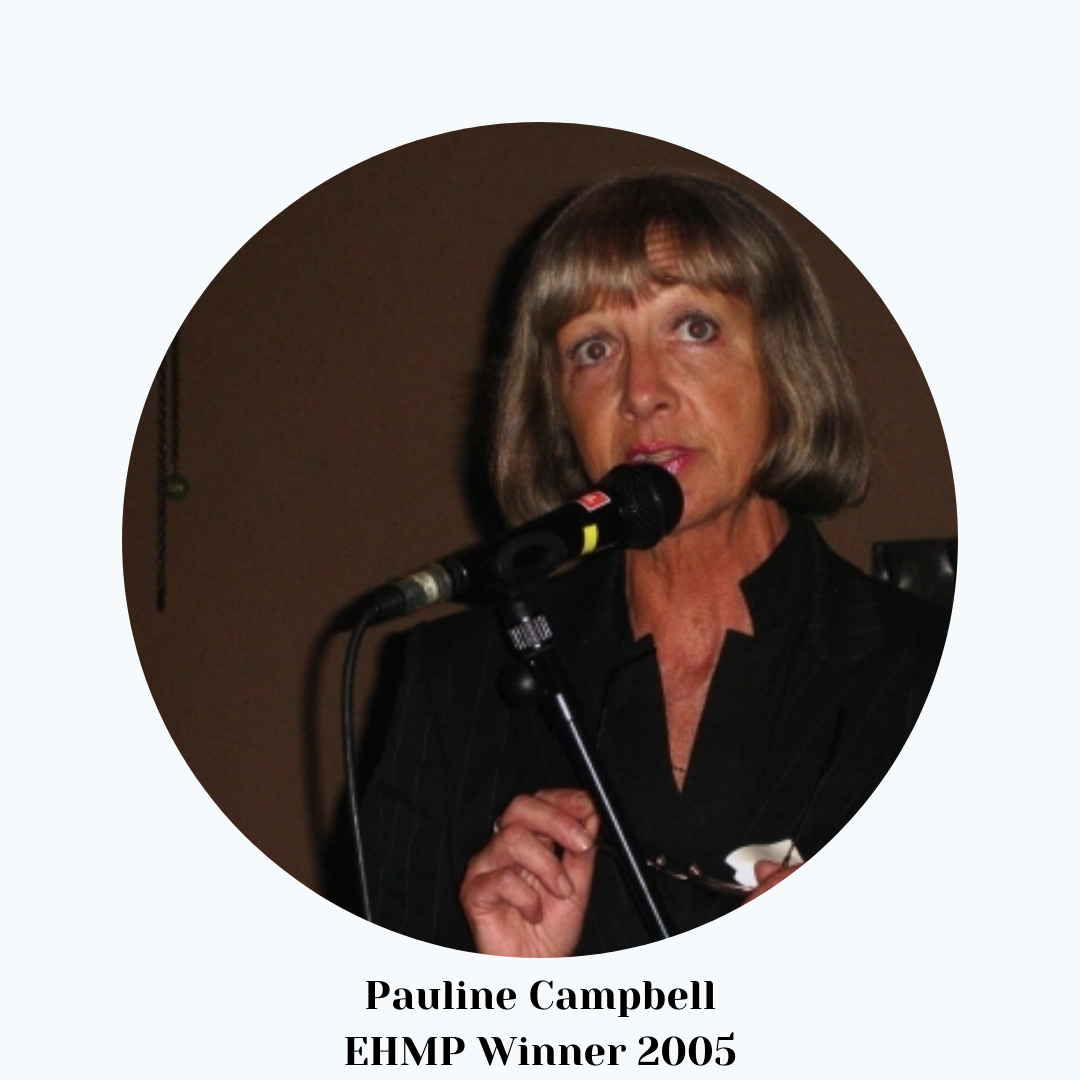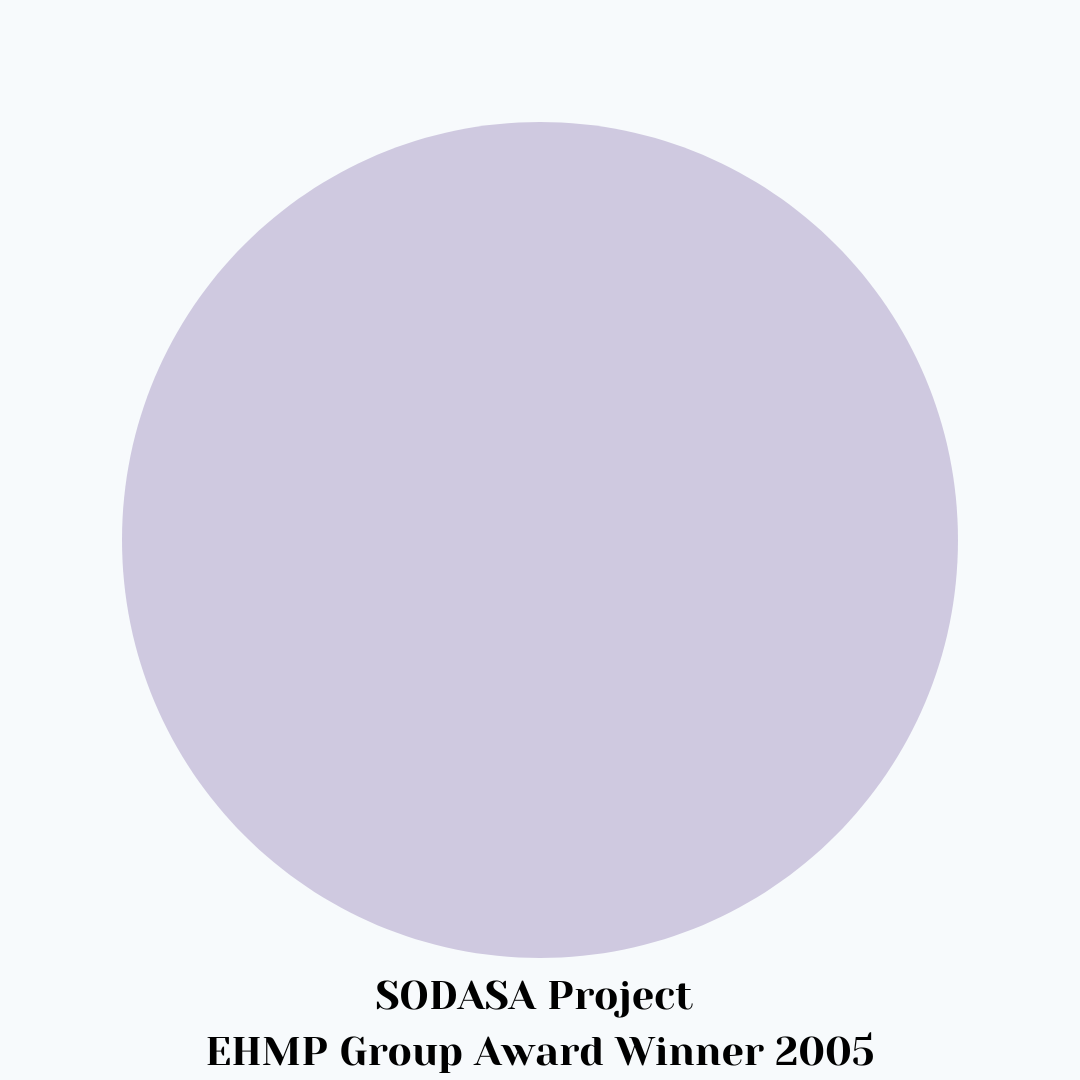
Following the death in prison of her daughter Sarah from ingesting prescription antidepressant tablets, the day after arriving at HMP Styal – the third in a sequence of six deaths at Styal within 12 months – Pauline started a campaign to highlight the distressing reality of women’s lives and deaths in prison.
Pauline, with no funds, no family support, and bearing the grief of the loss of her only child, organises demonstrations outside prisons whenever a woman dies, has been arrested many times, and has worked tirelessly to bring the scandal of the deaths of vulnerable women prisoners to the attention of the public and government.
It was with great sadness that we heard about the death on May 15, 2007 of Pauline Campbell, winner of the 2005 Emma Humphreys Memorial Prize.
This is what the person who nominated her for the award had to say about her:
In January 2003, Pauline’s daughter Sarah died after ingesting sleeping tablets, the day after arriving at HMP Styal. It was the third in a sequence of six deaths at Styal in the twelve months ending August 2003. Sarah was Pauline’s only daughter.
Pauline has no partner or parents, and not much income (she is a retired college lecturer). Despite that, her efforts to highlight the distressing reality of women’s lives and deaths in prison have been indefatigable.
Whenever a woman dies in prison, Pauline goes with a small number of people to demonstrate at the prison, usually, but not always, an all women group. So far, she’s done that 15 times.
The women lay flowers and hold signs saying ‘Why?’ When a prison van arrives, Pauline stands in front of it alone, happy to take responsibility and the flak. She is regularly arrested — at least nine times so far — and has spent hours in custody, despite not having had a criminal record before beginning her campaign. Two court cases against her, brought by the Crown Prosecution Service, have been quietly dropped.
In 1997, one woman killed herself in prison. In 2004, there were 13. The death toll of vulnerable women prisoners is a scandal. Pauline is one of the leading voices trying to bring it to light, with no funds, no family support, and bearing the grief of the loss of her only child.
So far, her activism has certainly contributed to the then Prisons Minister Paul Goggins’ decision to launch investigations into the deaths at Styal, and she has been instrumental in keeping the issue in the media as much as she can. Pauline Campbell is selfless and tireless, and her incredibly important work deserves recognition.

SODASA Project (Survivors of Domestic Abuse and Sexual Abuse) has been recognised for its recent work with Bangladeshi women, who have or are experiencing violence within their relationships, who were previously unaware of services which might be able to support them.
Nominees
Jacqui Nash
Jan Mcleod
Narina Anwar
Derby Women’s Centre
The Domestic Violence Support Service, Brent

